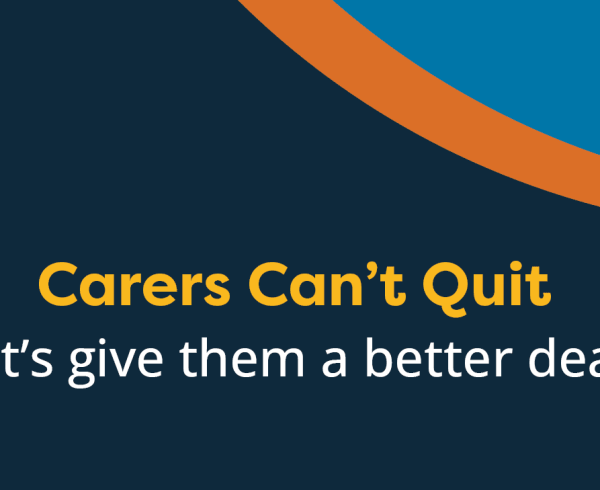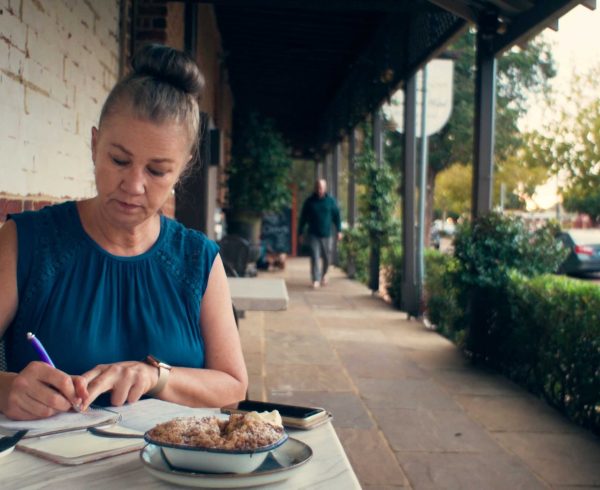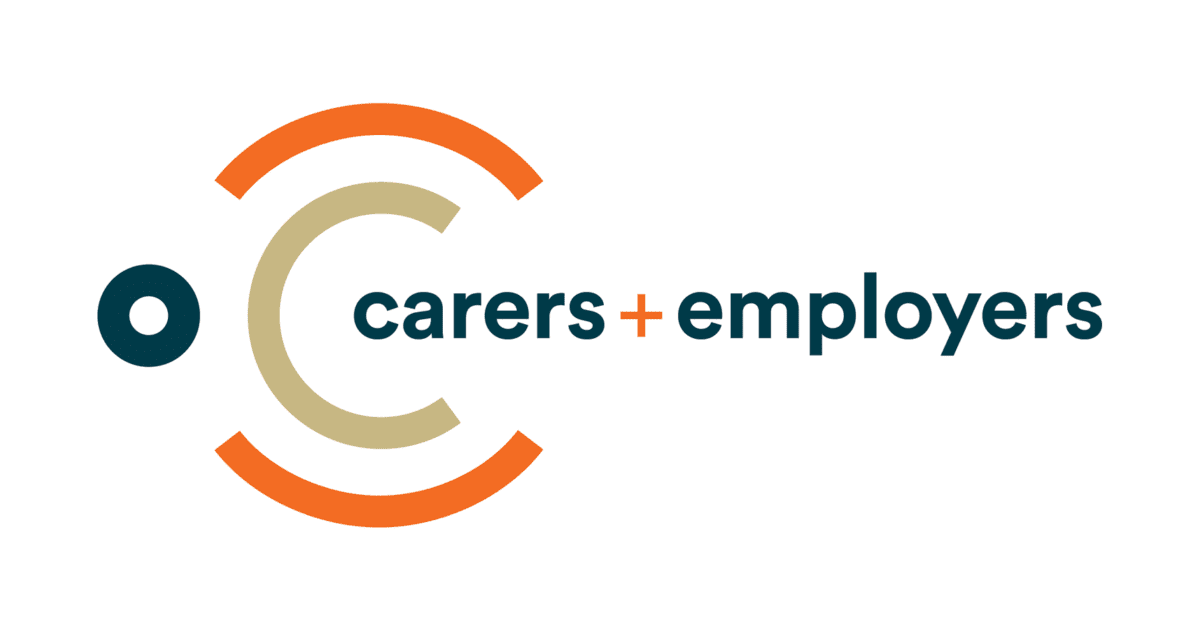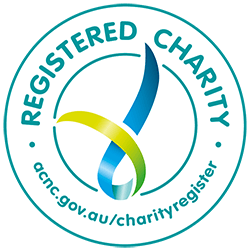Role reversal is a common experience for unpaid carers, particularly when caring for a parent, partner, or older family member. This shift in dynamics can be challenging and emotionally complex. Here are some strategies to navigate this delicate shift:
1. Acknowledge the Change
Acknowledging role reversal in the caring role is a crucial step in managing the emotional complexities that come with being a carer. When a child becomes a parent’s carer, a spouse cares for their partner, or a friend takes on a role as a carer, the dynamics of the relationship fundamentally shift. This transition can stir up a multitude of emotions, such as guilt, resentment, or a sense of loss, as the relationship that once was may no longer be the same. It is essential to acknowledge that these feelings are a normal part of the process.
The act of acknowledging the role reversal does not mean you are resigning to it, but rather, you are confronting the reality of the situation. This acknowledgement can pave the way for open communication, mutual understanding, and the establishment of new boundaries and routines that respect both yours and your loved one’s needs and emotions.
2. Set Boundaries
Setting boundaries when experiencing a role reversal in the caring role is crucial for maintaining a healthy relationship and ensuring the dignity and autonomy of everyone involved. As an unpaid carer, you may find yourself in a position of authority or control, which can blur the lines of the previous relationship. It’s important to establish clear boundaries that respect the independence of your loved one. What decisions can the person being cared for make that will help them maintain some independence and control in their life? For instance, involve them in care planning and respect their choices about personal care or daily activities.
At the same time, it’s essential to set boundaries for your own wellbeing. Define what you can and cannot do, both physically and emotionally. Communicate these limits clearly to your loved one and other family members. Creating these boundaries can help prevent feelings of resentment or burnout and ensure that the relationship is respectful and balanced.
3. Legal Considerations
Legal considerations play a significant part in role reversal within your role as a carer. As an unpaid carer, you may find yourself responsible for making critical decisions regarding your loved one’s health and welfare. It is crucial to familiarise yourself with legal documents such as Power of Attorney, Living Wills, and Advance Healthcare Directives. A Power of Attorney allows you to make financial decisions on behalf of your loved one, while a Living Will and Advance Healthcare Directives outline their wishes regarding medical treatment in case they are unable to communicate them.
Always ensure that any actions taken uphold the rights and respect the wishes of the person you are caring for. Consulting with a legal professional can provide clarity and guidance on these matters, ensuring you navigate this role within the bounds of the law.
4. Seek Support
Don’t try to handle everything on your own. Carers WA can connect you to a local social support group or offer some timely advice and information. You may even be able to access one of our coaching or counselling services to support you in your role.
For more information call 1300 377 277 or complete a registration form here.












